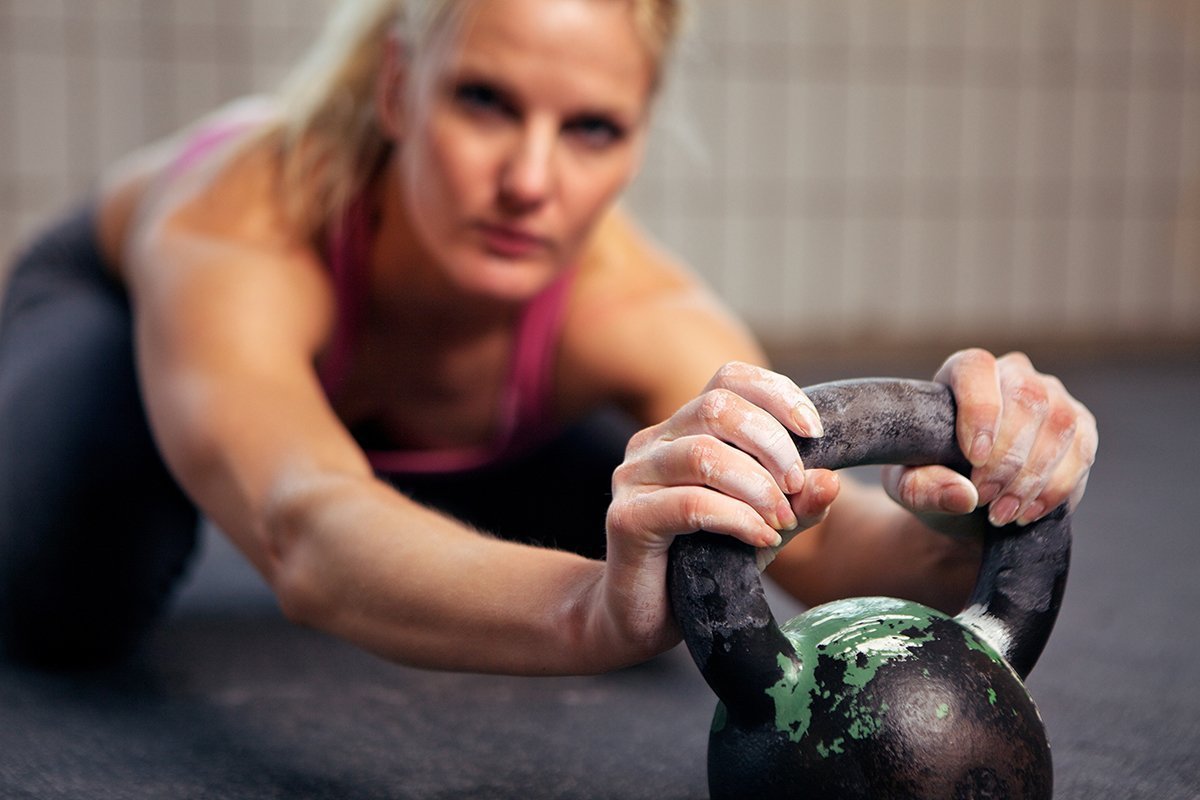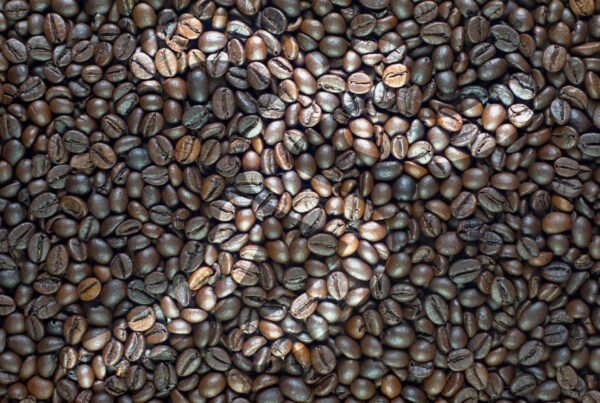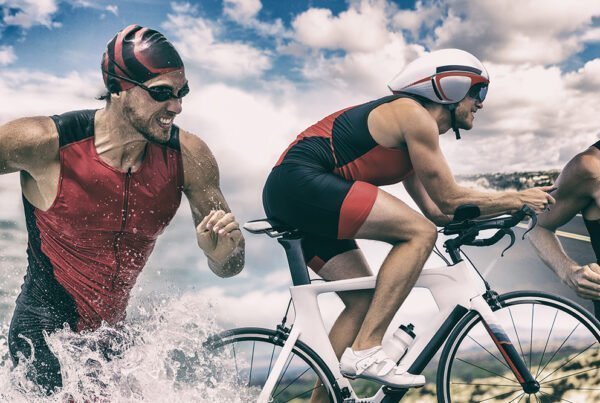Nutrition plays an important role when it comes to crossfit workouts
Most crossfit trainings last about an hour and therefore correspond to high intensity train; apart from warm-up, coordinative units and cooldown. In other words, the training is rather short, but extremely intensive, similar to interval training.
» Download Crossfit Product Guide (PDF)
Nutrition before training
If you want to do a high intensity training, it is essential to start the training with filled stores. Not with a full stomach, of course, but not sober either. Ideally, a few easily digestible bites should be taken shortly before training: depending on preferences and tolerance, this can be a small banana, an easily digestible sports bar, a honey bread, a carbohydrate-containing sports drink or something silimar.
During training
During a crossfit training there is usually no or very little time for food intake. Sports drinks that contain a carbohydrate-electrolyte solution and thus support endurance performance and fluid intake are particularly suitable for this purpose. ISOTONIC or the mildly aromatic, acid-free COMPETITION are the beverages of choice for crossfit athletes. If the training lasts longer than one hour, a LIQUID ENERGY GEL tube (with or without caffeine) can help to keep the blood sugar level high and to avoid hangers during the workout. Solid food is not appropriate during a crossfit workout, as the athlete has neither the time to chew nor the energy to digest.
After the workout
The immediate nutrition after a high intensity workout pursues the following goals: hydration, supply of electrolytes and energy, regeneration. For these reasons it is important to supply the body with carbohydrates, liquids and protein within 30 minutes after the training. Besides protein-rich ready-to-drink products such as PROTEIN SMOOTHIE or PROTEIN DRINK, regeneration products such as PRO RECOVERY, which are mixed with water or milk, are indicated. But also a PROTEIN 34 BAR or a PROTEIN LOW CARB BAR, a low-sugar quark dish or a small cheese roll serve regeneration.
Protein for crossfit athletes
Protein fulfils many important functions in your body. To perform its tasks optimally, your body must be provided with the necessary basic protein requirements. The Swiss Society for Sports Nutrition therefore recommends athletes a daily amount of approx. 1.3-1.8 g protein per kg body weight. For a woman of 60 kg this means about 80-110 g protein per day, while a man of 80 kg body weight needs about 105-144 g dietary protein. For special phases such as strength building, diets or weight training, higher recommendations of 2.0-2.7 g protein per kilogram body weight apply.
Protein: timing of intake
The body protein is in a dynamic equilibrium. It is constantly built up and broken down. This is called anabolism or catabolism. Therefore, you are dependent on a regular intake. For optimal protein synthesis, about 20-30 g of protein should be consumed every 3-4 hours.









